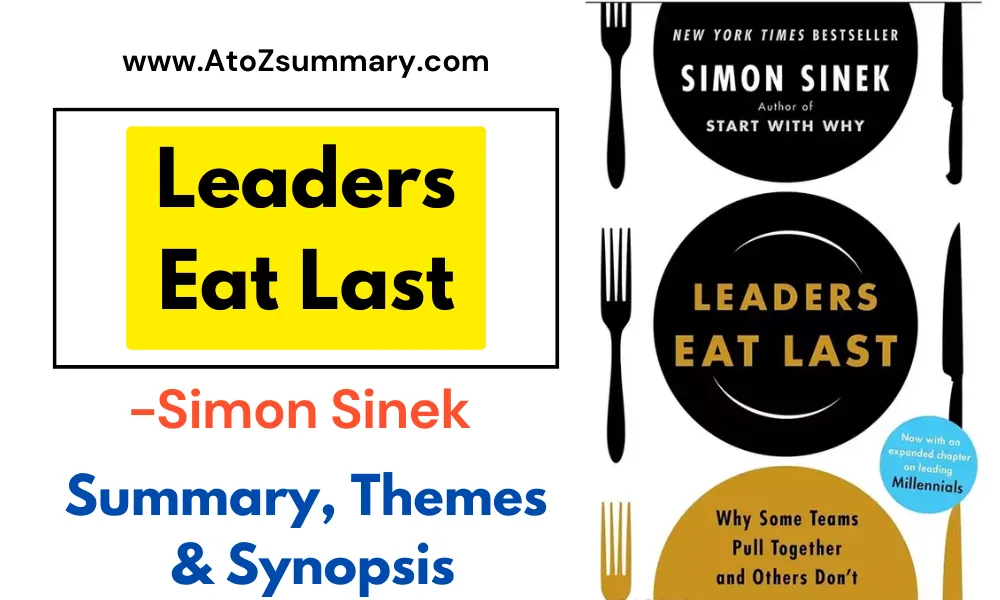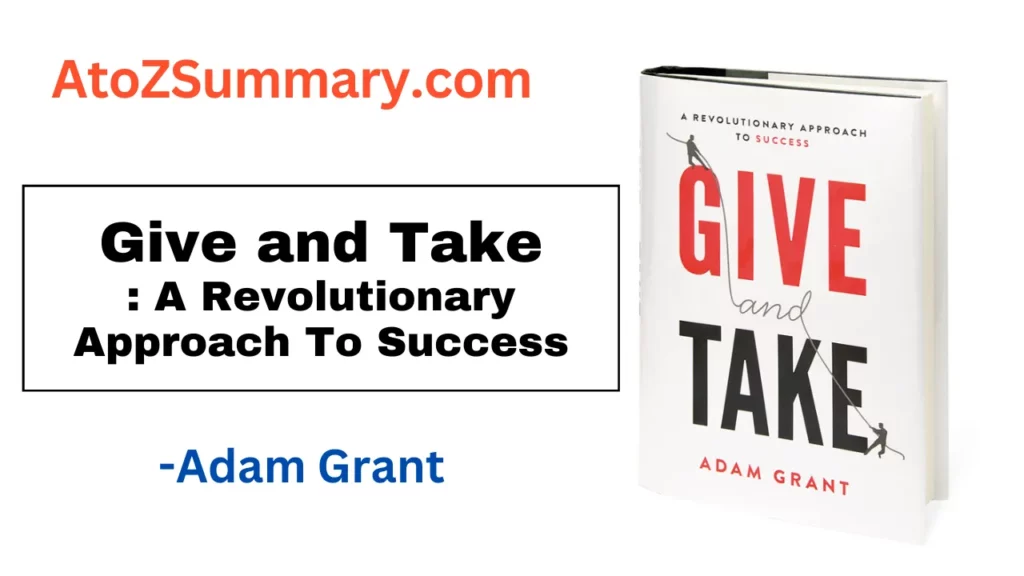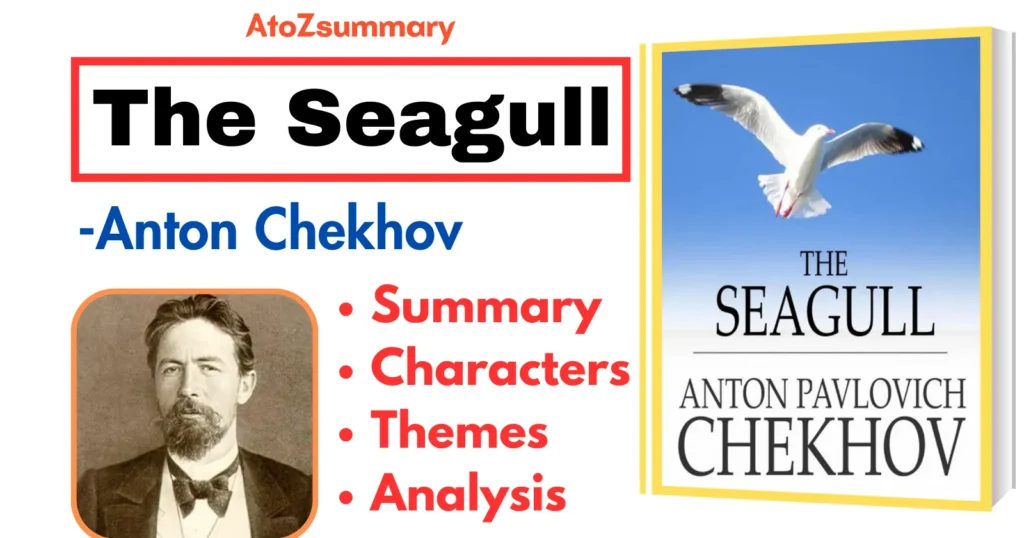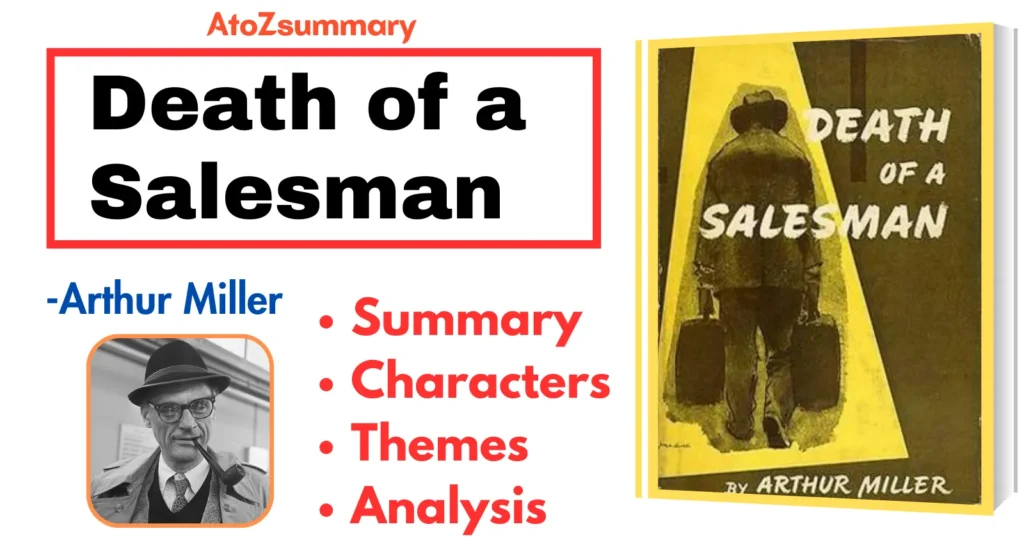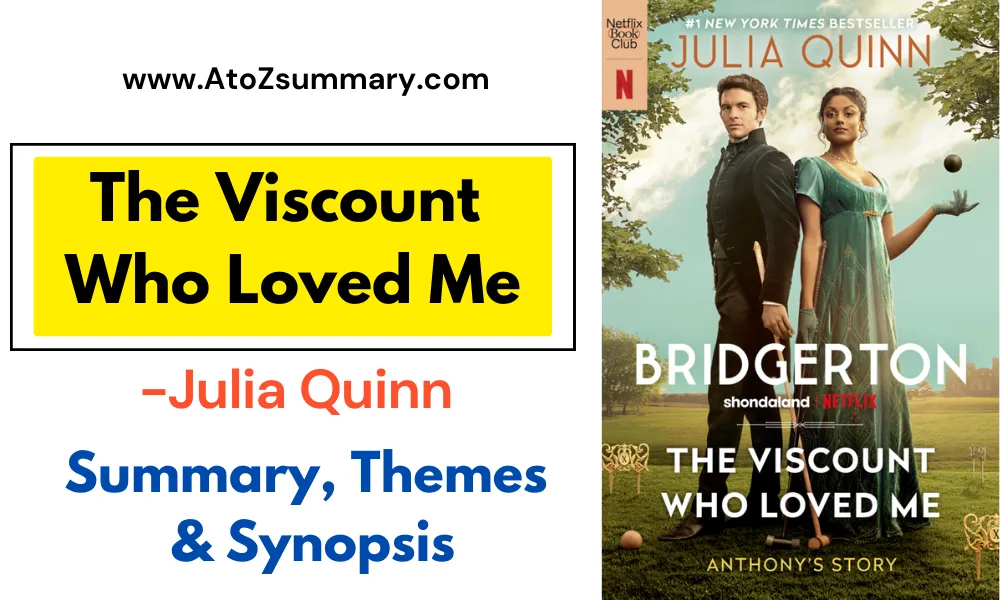About the Book-Leaders Eat Last
| Book Title | Leaders Eat Last |
|---|---|
| Author | Simon Sinek |
| Publication Date | January 7, 2014 |
| Publisher | Portfolio (Penguin Publishing Group) |
| Genre | Leadership, Business, Management |
| Key Themes | Leadership, Trust, Collaboration, Empathy, Teamwork |
| Notable Concepts | Circle of Safety, The Golden Circle, The Infinite Game |
| Target Audience | Managers, Leaders, Entrepreneurs, Business Professionals |
Leaders Eat Last Themes
- Servant leadership
- Trust and cooperation
- Building a strong team
- Employee engagement and fulfillment
- Creating a positive organizational culture
- Ethical leadership
- Long-term success
Leaders Eat Last Synopsis
Leaders Eat Last by Simon Sinek explores the principles of effective leadership by delving into the biological and psychological aspects of human behavior.
The book highlights the need of developing a secure and encouraging work environment where leaders give priority to the achievement of their team members.
According to Sinek, leaders who promote collaboration, trust, and a sense of belonging build a culture that motivates people to put up their best efforts and strive for a shared objective.
Drawing on real-world examples and scientific research, Sinek provides insights and practical advice on how to become a leader who genuinely cares about their people and leads with integrity.
Watch Full Book Summary of “Leaders Eat Last” on YouTube
Leaders Eat Last Summary
In the opening of Part 1, Sinek shares a captivating story about Captain Mike “Johnny Bravo” Drowley, a remarkable leader who displayed empathy by risking his life during a complex operation in Afghanistan. Through this anecdote, Sinek underscores the essential role of empathy in effective leadership.
He then delves into the ‘Circle of Safety,’ which involves safeguarding individuals within an organization from external threats and preventing destructive rivalries.
Sinek draws attention to the unfortunate reality that higher-ups often contribute to a toxic environment that breeds stress instead of acknowledging that it stems from the nature of the tasks.
Part 2 digs into early humans and their survival issues, necessitating ongoing teamwork. Humans have an innate demand for safety. Endorphins, dopamine, serotonin, and oxytocin are four neurotransmitters that help form people’s life experiences.
Sinek also notes cortisol, a hormone our bodies produce when we are stressed or frightened. He contends that we are physiologically predisposed to respond positively to specific events, which shapes our propensity to return to those experiences in the future.
Sinek explores trust in Part 3. With faith, dedication is likely to become an essential part of a company’s fundamental beliefs, resulting in a high turnover rate.
Part 4 of Sinek’s book contends that the Baby Boomer generation’s philosophy paved the way for various challenges in the modern workplace (such as cynicism and self-interest), resulting in a hazardous inclination to dehumanize groups of people.
Sinek warns against the risks of abstraction—generalization—a dehumanizing force in human ethics in Part 5. The practical side of abstraction reduces persons to mere concepts and people to numbers on a spreadsheet. When we act with this mindset, we detach our conscience from decisions only motivated by profit.
Sinek digs into damaging plenty in Part 6, which happens when profits are prioritized above everything else, even if it means sacrificing employees and potential quality experiences.
He shares several valuable leadership lessons: “The Culture’s Impact on the Company is Significant,” “The Leader’s Behavior Shapes the Culture,” “Integrity Holds Great Importance,” “The Power of Genuine Connections,” and “Prioritize the People, Not Just the Numbers.”
Sinek supports these teachings with numerous real-life examples, ranging from the United States Armed Forces to the success of companies like Costco.
Sinek articulates the issues that come with our contemporary addiction to technology in Part 7, especially among Millennials, who frequently struggle with the Boomer age while defining the modern workplace.
We are a culture addicted to the dopamine released by social media, which jeopardizes our potential to transform into a cooperative society moulded by empathy and long-term constructive change.
In Part 8, Sinek wraps off the book by emphasizing empathy and trust as essential components of leadership. He encourages the reader to take on more significant leadership responsibilities, becoming the leader we all wish we had.
Leaders Eat Last Quotes
Here are some quotes from the book “Leaders Eat Last“ by Simon Sinek:
- “Leadership is not about being in charge. It is about taking care of those in your charge.”
- “The true price of leadership is the willingness to place the needs of others above your own.”
- “Trust is not simply a matter of shared opinions or shared interests; it’s a biological reaction to the belief that someone has our well-being at heart.”
- “Great leaders are willing to sacrifice their own personal interests for the good of the team.”
- “The role of a leader is not to come up with all the great ideas but to create an environment in which great ideas can happen.”
- “Leadership is not a license to do less; it is a responsibility to do more.”
- “We’d all be better off if more leaders took a longer view, committed to the well-being of people, and nurtured the environments that foster trust and cooperation.”
- “Leadership is about making others better as a result of your presence and making sure that impact lasts in your absence.”
- “When leaders sacrifice for their people, their people will sacrifice for them.”
- “A team is not a group of people who work together. A team is a group of people who trust each other.”
FAQs
What is “Leaders Eat Last” about?
“Leaders Eat Last” is a book written by Simon Sinek that explores the concept of leadership and the importance of creating a culture of trust, collaboration, and support within organizations.
Is Leaders Eat Last worth reading?
Yes, Leaders Eat Last is worth reading for its valuable insights on leadership, teamwork and building a thriving organizational culture.
What are the best lessons from Leaders Eat Last?
Empathy, trust, selflessness and fostering a supportive environment are key lessons from “Leaders Eat Last” by Simon Sinek.
Who is the target audience for this book?
“Leaders Eat Last” is aimed at anyone interested in leadership and creating a positive work culture. It is relevant to leaders at all levels, from CEOs to managers, as well as individuals seeking to develop their leadership skills.
Are there any real-world examples in the book?
Yes, “Leaders Eat Last” provides numerous real-world examples to illustrate its concepts. Simon Sinek draws from various sources, including the military, sports teams and successful organizations, to demonstrate how selfless leadership can drive exceptional performance.
Is “Leaders Eat Last” based on research and evidence?
Yes, “Leaders Eat Last” is based on extensive research and draws from various fields, including psychology, biology and leadership studies.
About the Author-Simon Sinek

| Full Name | Simon Sinek |
| Date of Birth | October 9, 1973 |
| Nationality | British |
| Occupation | Author, Speaker, Leadership Consultant |
| Notable Works | -Start with Why: How Great Leaders Inspire Everyone to Take Action -Leaders Eat Last: Why Some Teams Pull Together and Others Don’t -The Infinite Game |
| Education | -Brandeis University (Bachelor’s degree in Cultural Anthropology) -City University, London (Master’s degree in Ethnography) |
| Website | https://simonsinek.com/ |
| @simonsinek | |
| simonsinek |

